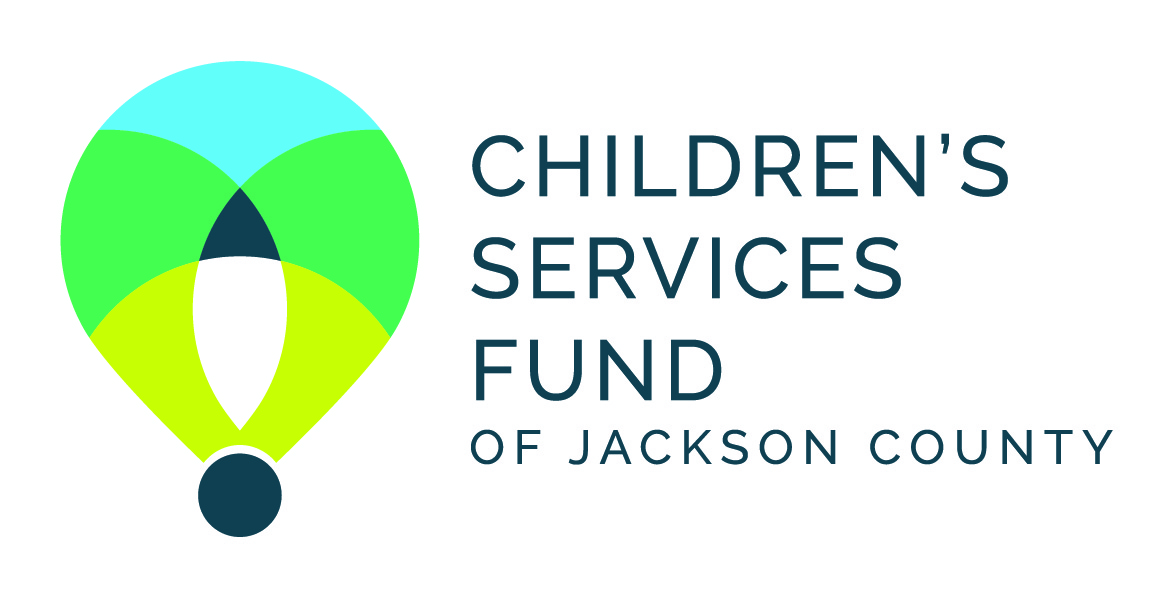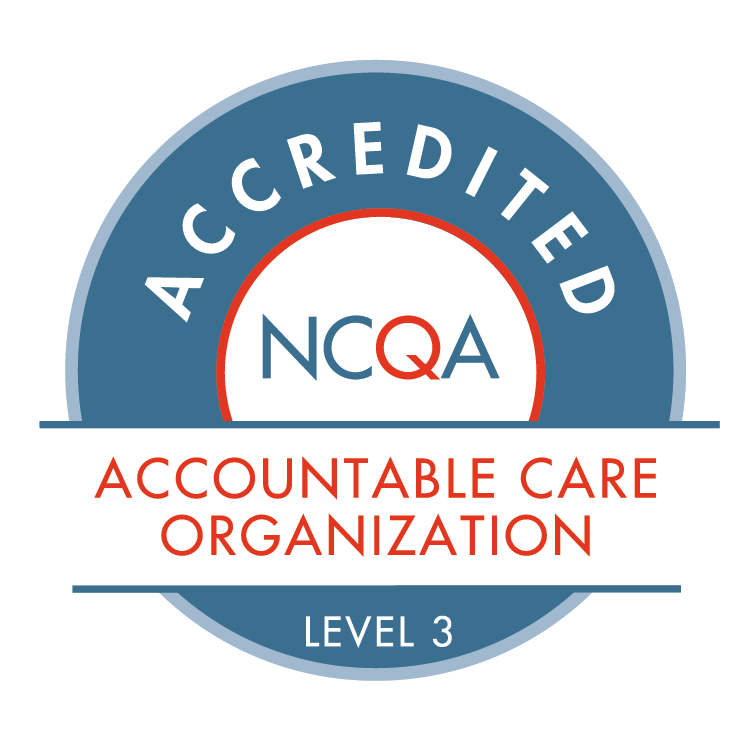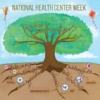Want to Quit Smoking? Learn about Quit2Live³

About 15 percent of African-Americans are smokers, a number that is about the same as non-Hispanic whites. Although African-American smokers generally smoke less – 13 cigarettes a day compared to 17 a day for non-Hispanic whites – African-American smokers experience more smoking-related disease and death. (See information from the Centers for Disease Control and Prevention.)
Why?
That is the question at root of more than 20 years of smoking research by the KU Department of Preventive Medicine and Public Health, performed in partnership with Swope Health.
So far, the research has led to the understanding that African-Americans metabolize nicotine more slowly, so the chemical tends to stay in the body longer, noted Nikki L. Nollen, Ph.D., a professor at the KU Cancer Center in Cancer Control and Public Health. Other factors like menthol cigarettes and stress also contribute to why African Americans experience more smoking-related disease and death.
These factors mean that African-Americans may also need different forms of treatment to stop smoking. There are currently seven FDA approved medications for quitting smoking. If one treatment doesn’t work, another may be needed, she added.

Tricia Snow, Project Director of Quit2Live3, with a breath analyzer used to measure chemicals in exhaled air, part of the data captured in the program.
To find out the best ways to support smoking cessation for African-Americans, Dr. Nollen is leading a new study called Quit2Live3. It is the third in a series of clinical trials or research to answer complex questions about treatment for stopping smoking. It also is a continuation of the “Kick It at Swope” research partnership launched in 1999 at Swope Health with more than 3,000 African-American smokers participating.
The research is funded by the National Institutes of Health, the National Cancer Institute, the National Institute on Drug Abuse and the Patient-Centered Outcomes Research Institute.
The KU research team Project Director Tricia Snow is now looking for 392 African-American smokers who would be willing help answer a new research question:
If a quit-smoking medication is not working, is it better to continue on the same treatment in hopes that it will start working, OR is it better to switch to another medication in hopes that the new medication will work better?
WHO CAN PARTICIPATE
To participate, you must be an African-American cigarette smoker, age 18 or older, who currently smokes from five to 30 cigarettes a day and are interested in quitting. You must be available for six office visits as Swope Health Central over the course of six months.
If you meet the qualifications, visit https://swopehealth.org/quit2live/ to provide some basic information and express interest in the study. There is no cost to participate and you will receive compensation for your time if you qualify.
“You have to be ready to try to quit and you’ll have to do some work,” noted Tricia, “but there is probably no better way to quit smoking. You’ll have support, education and medication.”
HOW THE TRIAL WORKS

When you are accepted into the program, you will be randomly assigned to be part of a group. One group of 196 participants will receive a nicotine patch and enhanced care smoking-cessation counseling throughout the course of the 24 weeks. A second group of 196 will start on a nicotine patch and enhanced care, then, depending on how well they are doing on the medication, they may be switched to one or two other quit-smoking medications (either buproprion, also known as Zyban or Wellbutrin, and/or varenicline, which is also known as Chantix).
Researchers will take regular urine samples throughout the trial to analyze the effectiveness of the medications and look at chemicals from cigarettes that are present in the body.
WHAT’S IN IT FOR YOU
If you qualify for the program, you will receive information and care designed to help you quit smoking. You’ll receive more than four months of a quit-smoking medication – either the nicotine patch, Chantix or Zyban. There’s no cost to you for any of the treatments.
If you complete the six-month program, you can receive up to $320.
The counseling will help you build a plan for quitting, Tricia said, including steps like setting the quit date and building a support network.
“You’ll be helping us find the most effective method of treatment to help African Americans quit smoking,” Tricia said.The results of this research will help build scientific knowledge and provide important lessons in treating nicotine addiction in African Americans, she said.
“And we’ll help you learn how to live life as a non-smoker,” Tricia added.
WHAT OTHERS HAVE SAID ABOUT THE PROGRAM
The program has worked for others. Elvin, a former study participant, said: “Quit2Live is a great program! They explain everything in detail. They make you feel welcome and are a great support system in helping you to quit smoking. I recommend this study to anyone who wants to quit.”
Another former participant, Carmen, said, “I would like to thank Kick It at Swope for changing my life. I had a wonderful support coach who made it easier than I could have imagined. I’ve smoked for 20-plus years and was able to quit in just six days! Now smoke-free for six months. Thank you!”
Are you interested in quitting smoking? Visit https://swopehealth.org/quit2live/ to see if you qualify.











Leave a Reply
Want to join the discussion?Feel free to contribute!